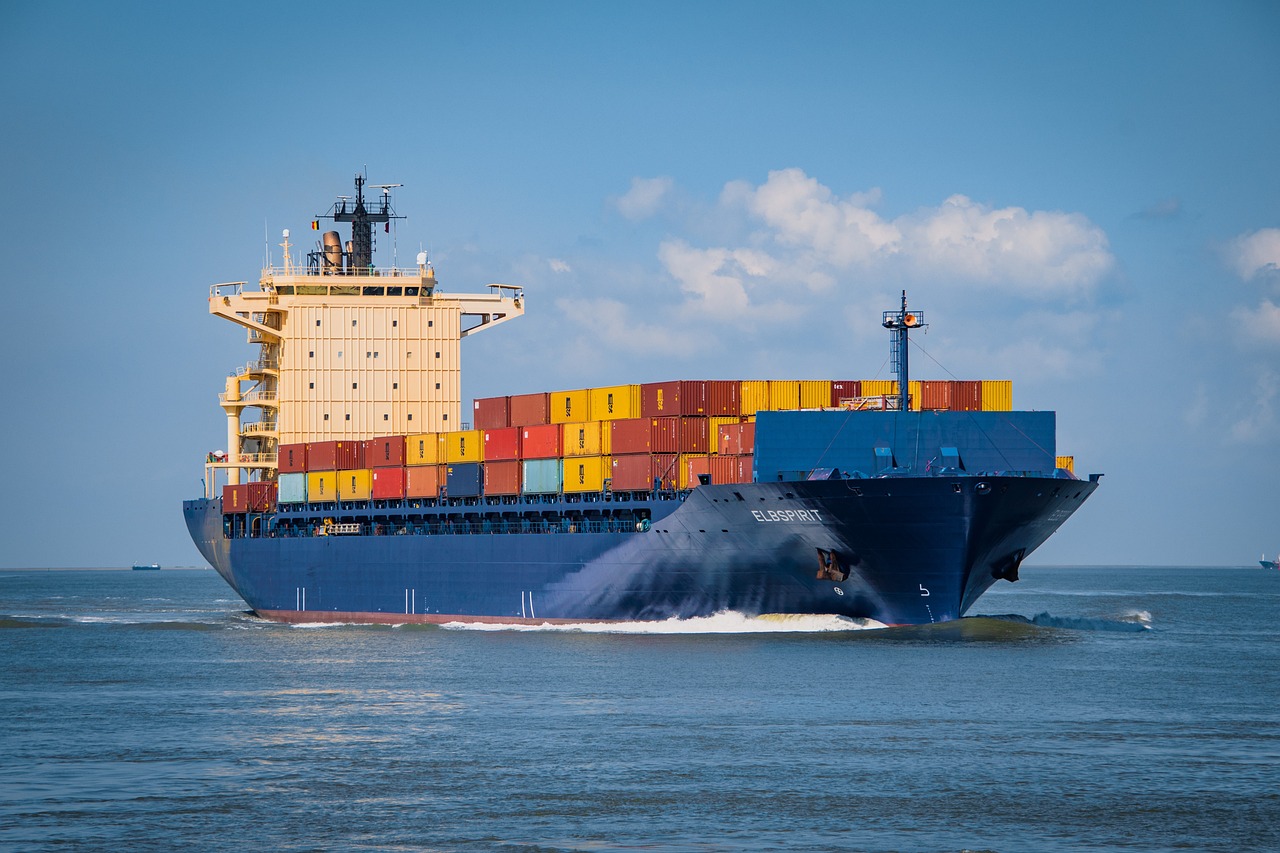
Introduction
Sea delivery, also known as ocean freight or maritime transportation, plays a pivotal role in global trade. As one of the oldest and most reliable modes of transportation, it offers an efficient and cost-effective solution for moving goods across vast distances. This article delves into the significance of sea delivery in international trade, explores its advantages, and highlights its impact on the global economy.
The Importance of Sea Delivery in Global Trade
Sea delivery serves as the backbone of international trade, facilitating the movement of goods between countries and continents. It is particularly vital for transporting bulk commodities, such as crude oil, coal, iron ore, and grains, as well as containerized cargo, including manufactured goods, electronics, and consumer products.
According to the United Nations Conference on Trade and Development (UNCTAD), approximately 80% of global trade by volume and 70% by value is carried out through maritime transportation. This statistic highlights the indispensability of sea delivery in sustaining the interconnectedness of economies worldwide.
Advantages of Sea Delivery
- Cost-effectiveness: Sea delivery is renowned for its cost-effectiveness, especially for long-haul transportation. The economies of scale associated with large cargo vessels enable the shipment of significant quantities of goods at relatively lower costs per unit.
- Capacity and Flexibility: Maritime transportation offers immense capacity to accommodate large volumes of cargo. Modern container ships have substantial carrying capacities, allowing for efficient consolidation and movement of goods. Additionally, sea delivery offers flexible routing options, with an extensive network of ports connecting various destinations globally.
- Lower Environmental Impact: Compared to other modes of transportation, such as air freight or road transport, sea delivery has a lower carbon footprint. Shipping vessels are more fuel-efficient, and advancements in technology have further contributed to reducing emissions and promoting environmentally friendly practices in the maritime industry.
- Reliability: Sea delivery has a strong track record of reliability, with established schedules and frequent sailings between major ports. Although weather conditions and unforeseen circumstances can impact delivery times, shipping companies and logistics providers employ strategies to mitigate these risks and ensure the timely transportation of goods.
Impact on the Global Economy
The efficiency and cost-effectiveness of sea delivery have significantly impacted the global economy in several ways:
- Trade Facilitation: Sea delivery plays a crucial role in facilitating international trade by connecting manufacturers, suppliers, and consumers across different regions. It enables access to a wide range of markets, promotes specialization, and enhances global competitiveness.
- Supply Chain Optimization: Integrated supply chains heavily rely on sea delivery for the seamless movement of goods from production centers to distribution hubs and ultimately to end consumers. By optimizing supply chains through efficient sea delivery, businesses can minimize costs, reduce lead times, and enhance customer satisfaction.
- Economic Growth: The availability of reliable and affordable sea delivery services stimulates economic growth by fostering trade relationships, attracting foreign investment, and promoting job creation within the maritime industry and related sectors.
- Globalization: Sea delivery has played a significant role in the process of globalization by facilitating the exchange of goods, services, and ideas across borders. It has contributed to the interconnectedness of economies and societies, promoting cultural exchange and creating opportunities for economic development.
Conclusion
Sea delivery remains an indispensable component of global trade, connecting nations and powering economic growth. Its cost-effectiveness, capacity, flexibility, and reliability make it a preferred choice for businesses engaged in international commerce. As the world continues to evolve, sea delivery will continue to play a vital role in sustaining supply chains, fostering globalization, and supporting the interconnectedness of economies worldwide.
